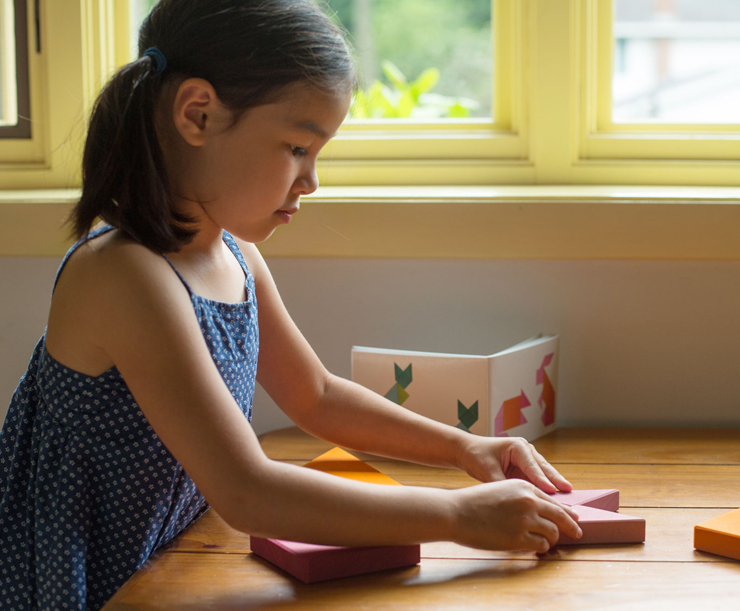Can Having Too Many Toys Spoil a Child?
As a mom, I want my kids to have the best of everything whenever possible. But can that desire do more harm than good? With the holiday season upon us, I find myself thinking about this more often. I don’t want to deny them the joy and excited anticipation that the holidays bring, but can giving kids too many toys create a spoiled child?
As parents, maintaining the delicate balance between indulgence and austerity becomes a daily challenge in our privileged society. If you’re starting to feel like you live in a playhouse rather than a home, here are some ways to manage this for both you and your kids.
- Try rotating the toys your children have access to at any one time. Observe which toys children show regular interest in and remove the ones they ignore by putting them away for a while. Then rotate. This will not only help manage household clutter, it can prevent kids from being overwhelmed with too many options at the same time. Fewer toys also can spark new creative avenues of play.
- Think about gifting your children an experience rather than a new object. A special class or event can bring much longer-lasting memories than yet another thing they have to put away.
- Make art supplies part of gift occasions. And then, do art with your child. These consumables are great ways to spend time with your child learning what they’re interested in, and being quietly busy together in a tandem activity. This kind of time is probably the best gift for most children.
- Consider buying one special gift instead of many, smaller cheaper things. Be willing to spend more on toys that will last longer and have better play value.
- Avoid buying disposable toys. It’s never too early for children to learn that plastic is forever- even if it quits being useful after only a short time.
- Encourage and make it a rule that cleanup happens at the end of every playtime. The process of cleaning up helps children take responsibility their possessions and teaches kids how to categorize and group different objects together. It also nurtures respect for their toys. It is worth remembering that most children will need help with cleanup much later in life than we often expect.
- Limiting the categories of toys that may be out at one time can also keep the mess from becoming overwhelming.
- If you have nicer toys that your children are done with, encourage them to clean them up and pass them on to younger friends and family. Wooden toys, kitchens, and figures can seem like new with very little effort and can be passed from child to child for years. It can be easier for a child to pass a beloved toy on to someone they know than to feel like it will just disappear when they donate it.
- Ask around to see whether other families would enjoy rotating toys between households. This way, your children get to “have” the same toys their friends have at least sometimes. This can reduce the competitive buying parents might find themselves in.
- Try to keep a few thinking toys in the rotation. Things like puzzles, stacking toys, nesting dolls, and marble mazes appeal to most children. Check to see whether your library has toys like these available to borrow, as some of these toys are less interesting once your child has figured them out.
Children learn much about their world through their play and toys. By providing toys in moderation, we are actually encouraging them to explore their world. We also can show them the impacts of careful buying.

